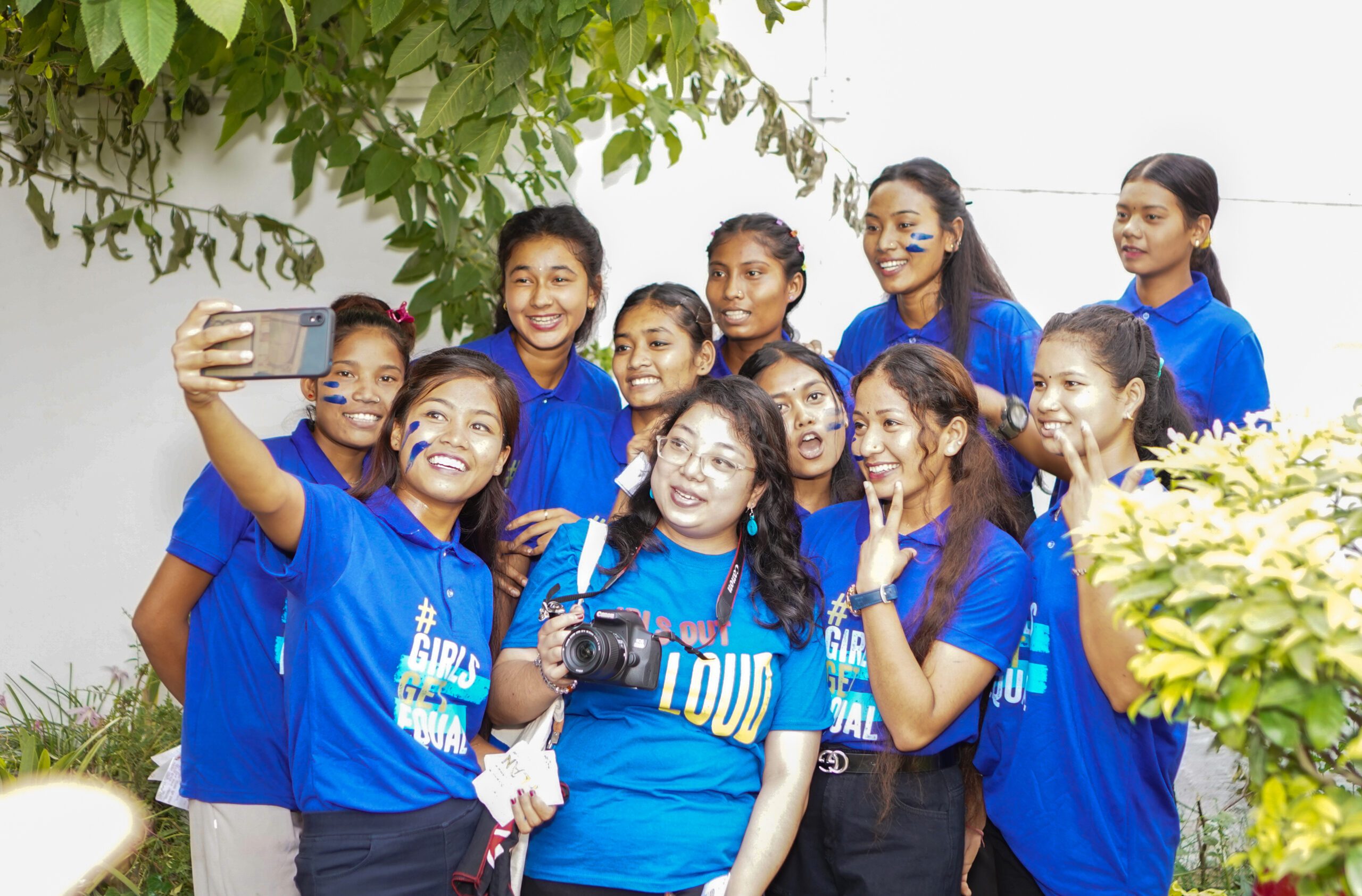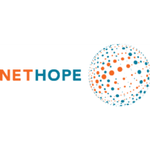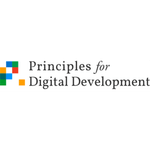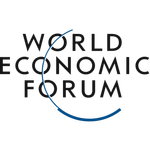Gender Lens Investing
Empowering marginalised women to create and lead their own social impact companies that help build their communities.

At Plan International, innovation is the art of doing things differently for better results. We work across the Plan International network to share new ideas and approaches while always ensuring girls and young people are at the centre of our work.

To us, innovation isn’t just about new and flashy solutions, but about fostering a culture of change, forward-thinking and creativity across our regional and country hubs. Innovation is about sharing insightful learnings, finding better ways to create impact, and centring those we’re designing for, especially young people.
Our goal is to support our local communities with the tools, resources and learnings to develop and implement innovative approaches and solutions, that directly meet the needs of girls and young people.
We are working to perfect the art of co-creating with young people, which is a never-ending process. We are partnering with programme teams to find opportunities for gender-transformative solutions, and we are opening new ways to work directly with people closest to the issues.











